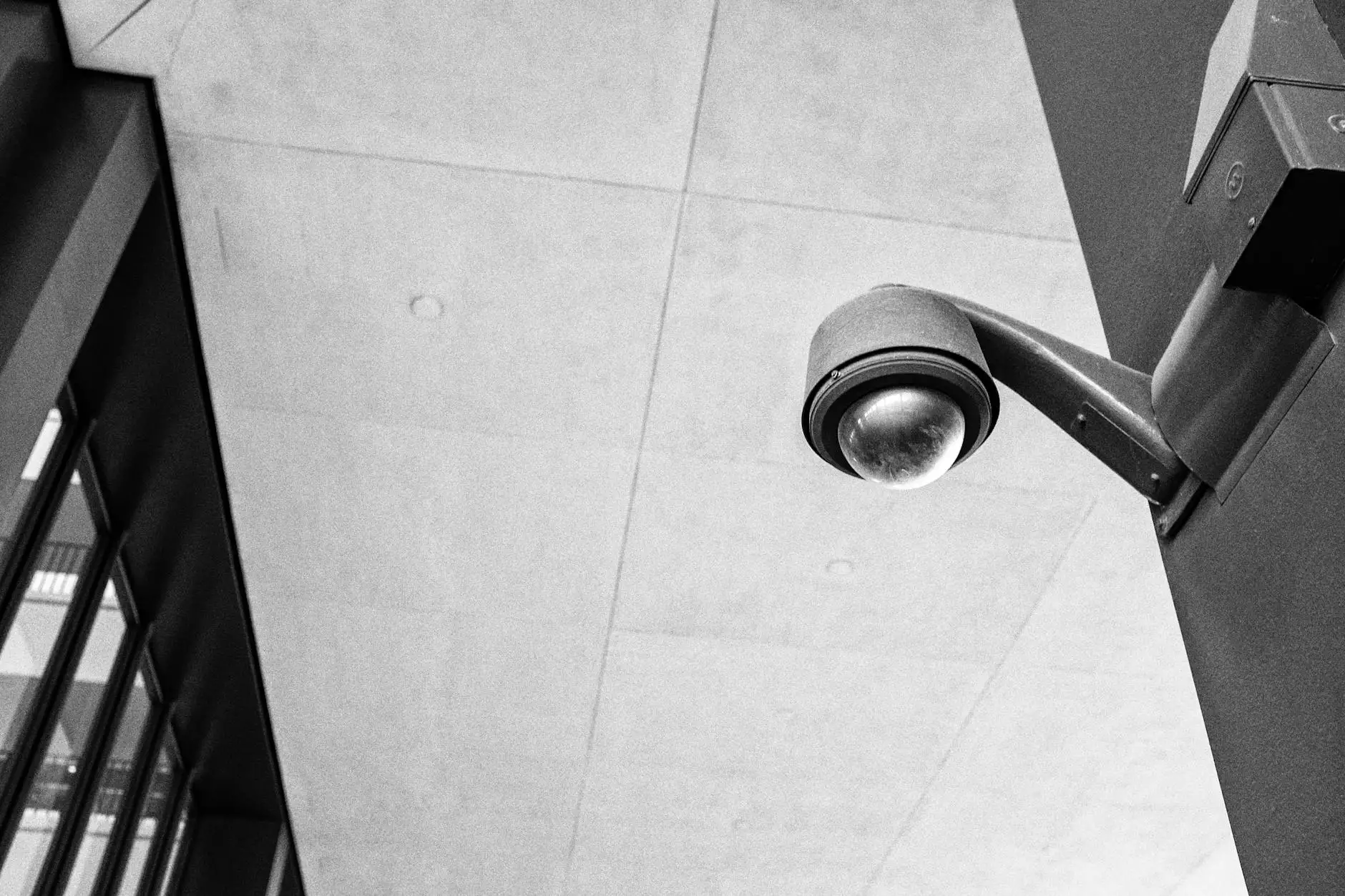Understanding Arthramid Equine Cost: A Comprehensive Guide for Horse Owners

When it comes to ensuring the health and well-being of our horses, the choice of treatments and medications can be overwhelming. One product that has garnered attention in the equine community is Arthramid. As a cutting-edge solution for joint and soft tissue issues in horses, many owners are curious about the cost of Arthramid equine treatments and what factors influence this pricing. This article will delve deeper into these costs while providing valuable insights into Arthramid and its benefits.
What is Arthramid?
Arthramid is a unique veterinary product formulated for use in horses suffering from joint issues, degenerative joint disease, or soft tissue injuries. Comprised of a biocompatible polymer, it serves to enhance the body's natural healing processes, offering pain relief and improved mobility.
Why Choose Arthramid for Your Horse?
Opting for Arthramid comes with several advantages, including:
- Long-lasting effects: Arthramid treatments provide prolonged relief from joint pain and improve overall mobility.
- Reduced recovery time: Horses treated with Arthramid often experience quicker recovery from injuries.
- Minimally invasive: The administration process is straightforward, requiring only a local injection.
- Well-tolerated: The biocompatible nature of Arthramid means it is generally well-accepted by the horse's body.
Factors Influencing Arthramid Equine Cost
The cost associated with Arthramid equine treatments can vary significantly based on various factors:
- Veterinary Consultation Fees: Before administering Arthramid, a veterinary consultation is necessary. The fees for this initial assessment vary based on the clinic and the veterinarian's expertise.
- Dosage Required: The amount of Arthramid required can depend on the horse’s size, condition severity, and specific treatment plan.
- Frequency of Treatment: Some horses may require multiple treatments to achieve optimal results, which can increase overall costs.
- Location: Prices can fluctuate based on geographic location due to differences in local veterinary service costs.
- Additional Treatments: Often, combined therapies may be necessary, contributing to total expenses.
Average Cost of Arthramid Equine Treatment
The average Arthramid equine cost typically ranges from $500 to $1,500 per treatment cycle. This range includes both the administration costs and the veterinarian's fees. It's essential to consult with a veterinarian for an exact quote tailored to your horse’s needs.
Comparing Arthramid with Other Equine Joint Treatments
While Arthramid is a popular choice, there are alternative treatments available for equine joint issues, each with its associated costs:
Treatment TypeEffectivenessAverage CostNotesArthramidHigh$500 - $1,500Minimally invasive, long-lasting effects.Hyaluronic AcidModerate$300 - $900Commonly used for joint lubrication.Steroid InjectionsHigh$200 - $600Fast acting but may have side effects with repeated use.Joint SupplementsVariable$20 - $150 (monthly)Preventive measure; takes longer to show effects.How to Determine if Arthramid is Right for Your Horse
Choosing the best treatment for your horse involves careful consideration. Here are steps to determine if Arthramid is suitable for your equine:
- Consult with your Veterinarian: They can assess your horse's condition and suggest whether Arthramid fits.
- Evaluate Your Horse’s Health History: Consider previous injuries, pain levels, and responses to past medications.
- Understand the Expected Outcomes: Discuss the potential benefits and timeline for improvement with your vet.
- Consider Your Budget: Understand the full cost implications of Arthramid including consultations and follow-up treatments.
Administering Arthramid: What to Expect
The actual procedure for administering Arthramid is straightforward. It typically involves the following steps:
- Preparation: The veterinarian will prepare the injection site and may sedate the horse if necessary.
- Injection: Arthramid is injected directly into the affected joint. The procedure usually takes only a few minutes.
- Post-Treatment Care: It’s crucial to monitor your horse for any adverse reactions and ensure a smooth recovery.
Potential Side Effects and Considerations
While Arthramid is generally considered safe, there are potential side effects to be aware of, including:
- Localized swelling at the injection site
- Temporary soreness
- Very rarely, allergic reactions may occur. Always consult your vet if you notice something concerning.
Conclusion: Investing in Your Horse's Health
In conclusion, the cost of Arthramid equine treatment is reflective of the advanced technology and processes involved in equine health care. While it represents a significant investment, the longevity and effectiveness of this treatment can lead to improved quality of life for your horse, making it a worthwhile consideration.
Always consult with a qualified veterinarian to assess your equine's specific needs, economic factors, and treatment goals. When investing in your horse’s health, informed decisions will lead to the best outcomes.
For more information about equine medications and treatments, visit kihorsemed.com.









